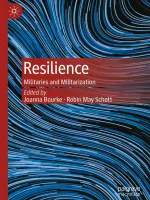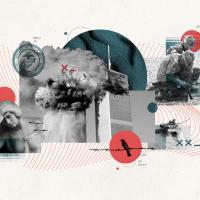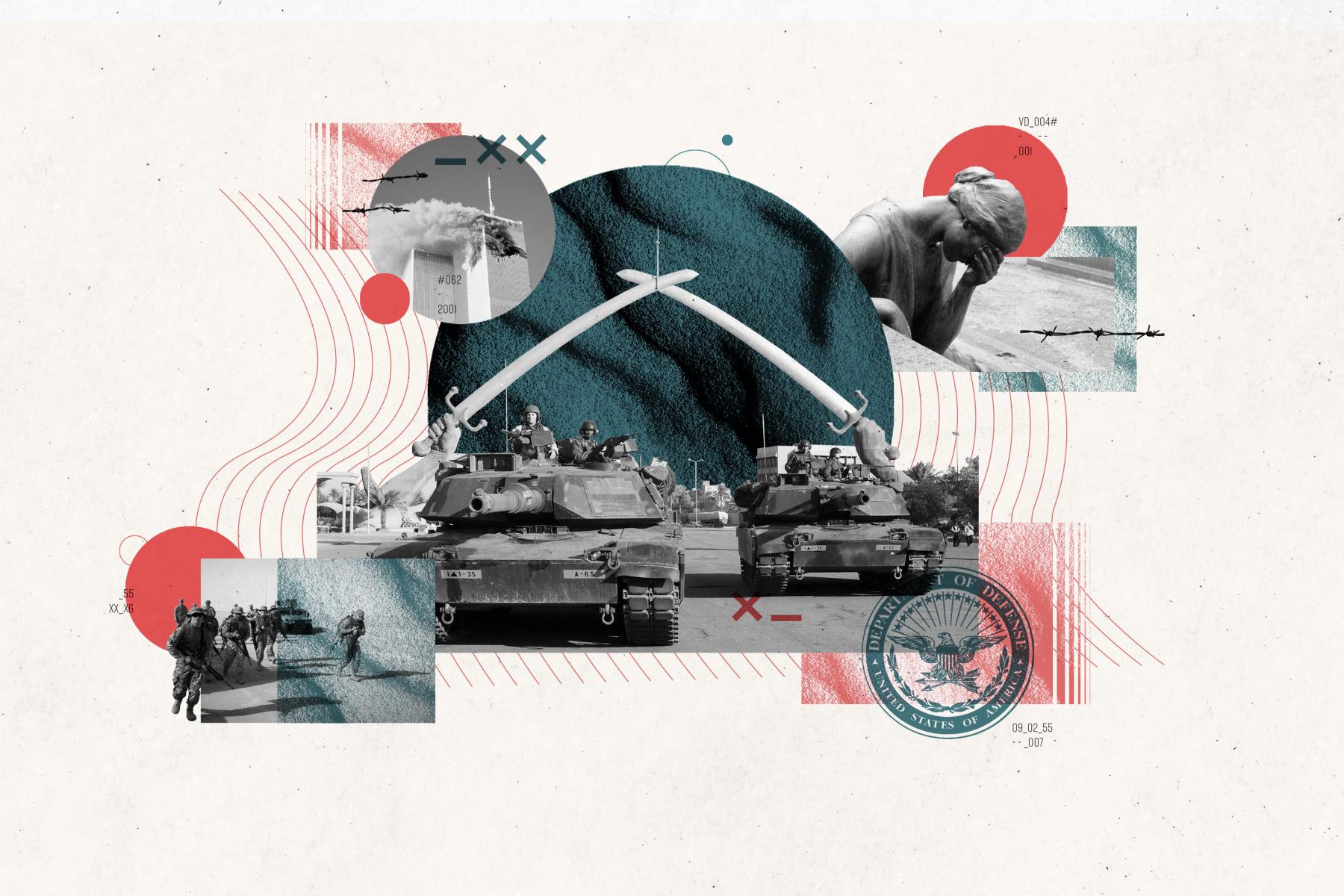Resilience: How one concept altered the way western societies think about violence and prepare for war
In the aftermath of the terrorist attack on the United States on September 11, 2001, resilience emerged as an important concept for understanding the human response to violence.
“Resilience” is often defined as the ability to “bounce back” and return to normal after a potentially traumatic event. If humans have the capacity for resilience, experts and policy makers asked themselves, is it possible that this capacity can be harnessed to prevent traumatic responses in both civilian and military contexts?
Resilience: Militaries and Militarization (Palgrave Macmillan, 2022), edited by Professor Joanna Bourke and DIIS Senior Researcher Robin May Schott, explores how the concept has traveled across various fields, from psychology to security, and how resilience became militarized in the post-9/11 wars. The authors argue that this concept has reshaped the way western societies understand and attempt to manage the psychological effects of violence, and that some of the consequences of this shift have been unfortunate.
The book is part of “The New Psychology of War” project, co-directed by Johannes Lang and Robin May Schott and funded by the Independent Research Fund Denmark (Humanities). You can read about Johannes Lang’s chapter here.
DIIS Experts





